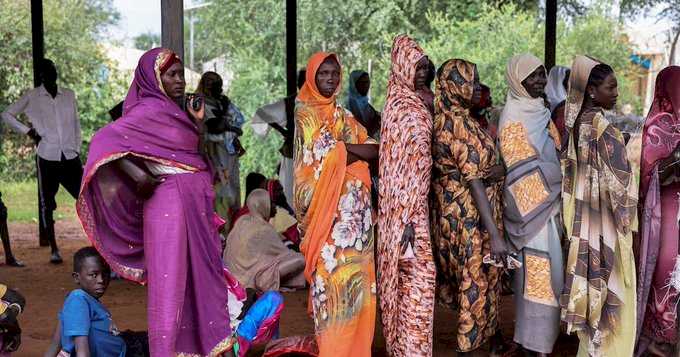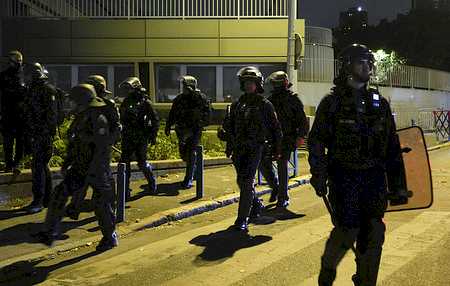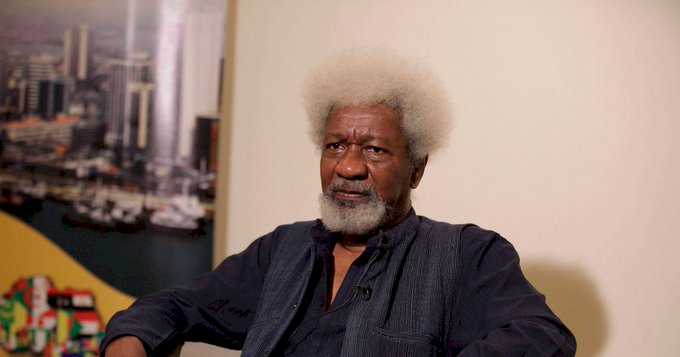Hunger monitor says parts of South Sudan face famine threat after months without aid.
JUBA, South Sudan — No food aid has reached a conflict-hit area of South Sudan this year despite growing fears that it is headed toward famine, international food security analysts said Tuesday.
The report by the Integrated Food Security Phase Classification, a global monitor, estimates that 28,000 people in Nasir and Fangak counties face “catastrophic food insecurity,” the most severe level of hunger.
“An immediate and large-scale response” is required, it says.
Both counties have been historically controlled by the SPLM-IO opposition party led by suspended First Vice President Riek Machar.
Machar has been charged with treason and other crimes that he denies over an attack by a local militia on a military garrison in Nasir that South Sudan’s government says killed 250 soldiers. Government-led military operations, including dozens of aerial bombardments, have targeted opposition forces and allied militias in Nasir throughout much of the year.
After months of clashes, Nasir is now effectively partitioned between the opposition, which controls large swathes of the county, and government forces. Heavy fighting and airstrikes have displaced tens of thousands of people into dozens of informal sites along the Sobat river, a major Nile tributary.
The violence, which has only recently calmed, has presented a major obstacle for aid groups to deliver food.
Mary-Ellen McGroarty, the South Sudan director for the World Food Program, said in an emailed statement that fighting and access restrictions had “significantly limited” the ability to reach areas of eastern Nasir county along the Sobat corridor since February.
But McGroarty said a WFP-led mission last month had verified the location of civilians and secured access assurances from authorities. “This will be our first time reaching these populations this year,” she said.
Lam Paul Gabriel, a SPLM-IO spokesperson, accused the government of blocking the flow of aid into opposition-controlled areas to punish civilians living there and encourage movement into government-controlled zones.
But Stephen Kueth, chairperson of South Sudan’s Relief and Rehabilitation Commission, denied that aid groups had been blocked.
“We are making it clear that food cannot be used as a weapon of war,” he said.
Kueth said the government had worked with a private U.S. company to conduct airdrops into Nasir earlier in the year. The operation received criticism from aid groups and opposition officials for targeting areas said to be largely abandoned by civilians but occupied by the military.
The threat of famine
The IPC is the only globally recognized framework for declaring a famine.
It considers an area to be in famine when three things occur: Deaths from malnutrition-related causes reach at least two people, or four children under age four, per 10,000; at least one in five people or households severely lack food and face starvation; and at least 30 per cent of children under age five suffer from acute malnutrition based on a weight-to-height measurement — or 15 per cent based on upper-arm circumference.
Famine declarations are rare. The last famine in South Sudan was declared in 2017 during the country’s civil war.
Now, more than half the country’s population is expected to face severe hunger in 2026, according to the IPC.
---
Joseph Falzetta, The Associated Press
















Africa news on Umojja.com